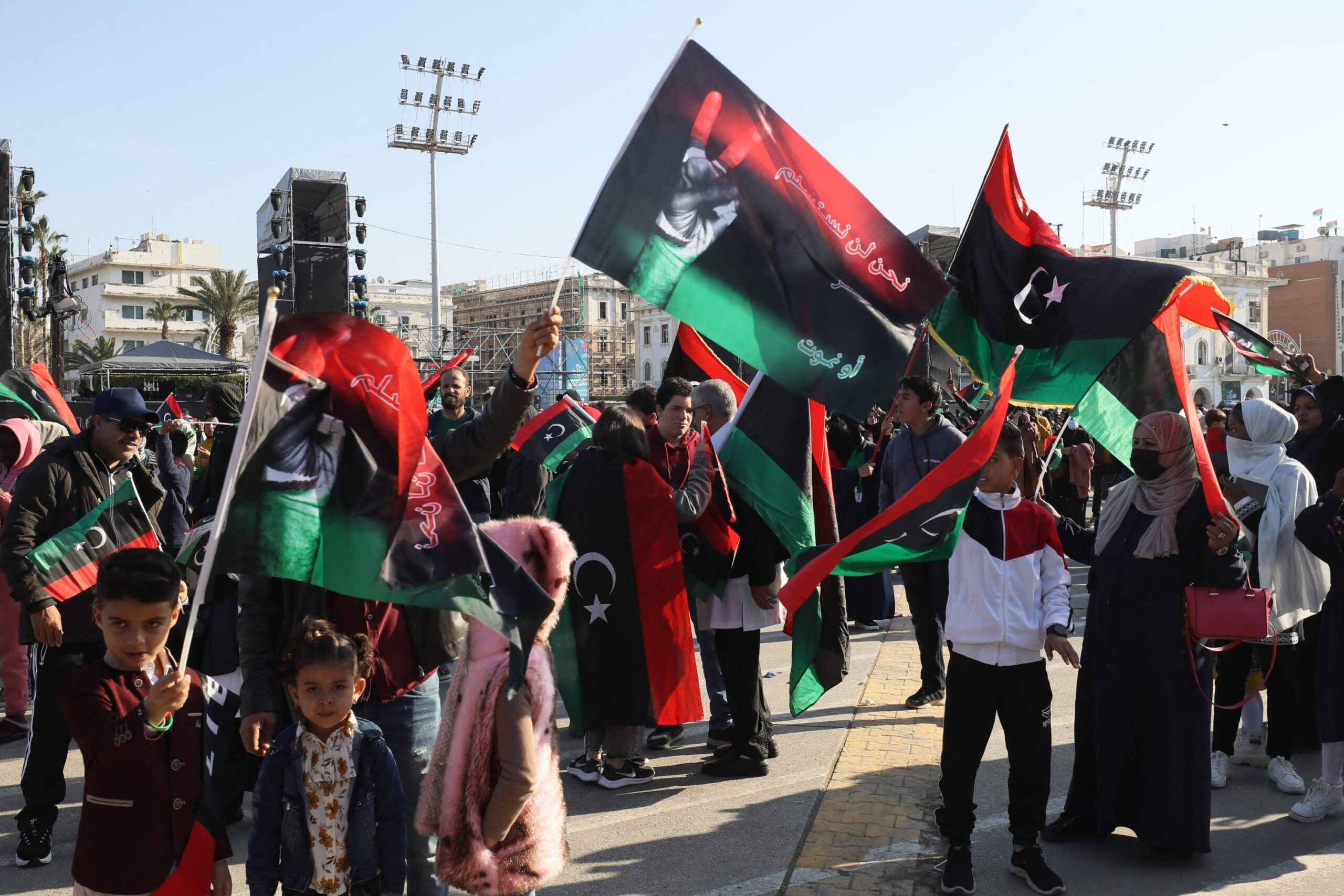
Libya’s High National Elections Commission (HNEC) announced Saturday the start of local elections in 16 municipalities, delayed since August. Voting began in the morning and will continue until 6:00 pm local time, covering 142 polling centers and 341 voting stations nationwide.
Approximately 96,000 registered voters are eligible to elect 743 candidates, using a mixed system combining party lists and individual candidacies. By 2:00 pm, authorities reported that 26,311 voters had cast ballots, marking an initial turnout near 30 percent, reflecting cautious civic engagement.
The elections form the third phase of municipal polls, following the first phase in November 2024 that covered 58 municipalities across Libya. The second phase in August 2025 included 33 municipalities, while elections in 16 municipalities were postponed due to security concerns and are now underway.
Remaining municipalities in the third phase are scheduled to hold elections on October 20, completing this drawn-out electoral process. Libya’s local elections are staggered, reflecting the varying expiry dates of municipal councils and ongoing challenges to maintain continuity in governance.
The UN Support Mission in Libya welcomed the resumption, praising agreements between authorities and the HNEC as a step toward restoring legitimacy to local institutions. UNSMIL called on all eligible voters to participate actively, framing their ballots as a crucial tool to strengthen democracy in a divided nation.
Libya remains split between two rival administrations: the Tripoli-based Government of National Unity led by Abdul Hamid Dbeibah and an eastern government led by Osama Hammad. Citizens hope that successful municipal elections will pave the way for long-delayed parliamentary and presidential polls, easing years of political deadlock and division.
